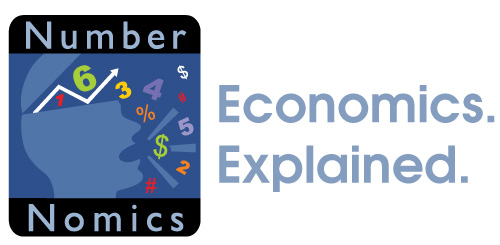May 14, 2021
The grand arbiter of recession dating is the National Bureau of Economic Research. It determines the exact month that expansions and recessions get underway and end. On June 8 of last year it indicated that the decade long expansion ended in February and the recession began in March. It took them just three months to make that call. Given that the economy dropped off the face of a cliff in March and April, we did not need a panel of experts to tell us that was the case.
In May 2020 everything reversed direction in a hurry. After losing 22 million jobs in March and April, the economy added 10.8 million jobs in the next four months. The unemployment rate fell 6.4% from a high of 14.8% in April to 8.4% in that same four-month period. Retail sales surged by 18.3% in May and 8.6% in June. After falling a record 31.4% in the second quarter GDP rebounded by 33.4% in the third quarter with additional gains of 4.3% in the fourth quarter and 6.4% in the first quarter of this year. Clearly, the recession ended in April, and May was the first month of a new business cycle.
Not so fast! The NBER has still not officially proclaimed that the recession is over. Huh? How can that be? Do they really think there is some chance that the economy is going to slip back into recession sometime soon? That is absurd. The data indicate clearly to any rational person that the recession has been over for a year. We do not know for certain what is in the minds of the people at the NBER, but this certainly smacks of politics. For example, if the NBER had declared that the recession ended in April sometime last summer, it would have given a big boost to then President Trump. If the NBER declared in December that the recession ended in April – eight months earlier – it would have been difficult to sell the notion that the economy was in dire need of assistance and, therefore, there would have been little need for the stimulus bills that were passed in January and March.
For the NBER not to declare an official end to the recession one year after the fact – when every American already knows that to be the case – is unconscionable. It had no problem determining that the economy fell into recession last year three months after the fact. Why could it not decide that the recession was over – when the data were just as compelling — in an equally timely matter?
Had the NBER done its job, history might have been very different. Who knows? Perhaps there would be a different president. You can decide for yourselves whether that would have been a good thing or a bad thing. Perhaps the country would have $2.8 trillion less outstanding debt than it does currently.
If the NBER truly does not believe that the recession has ended then, at the very least, tell us why. It seems totally obvious to the rest of America. Perhaps this task should be handed over to a group that is less political.
Stephen Slifer
NumberNomics
Charleston, S.C.

Follow Me